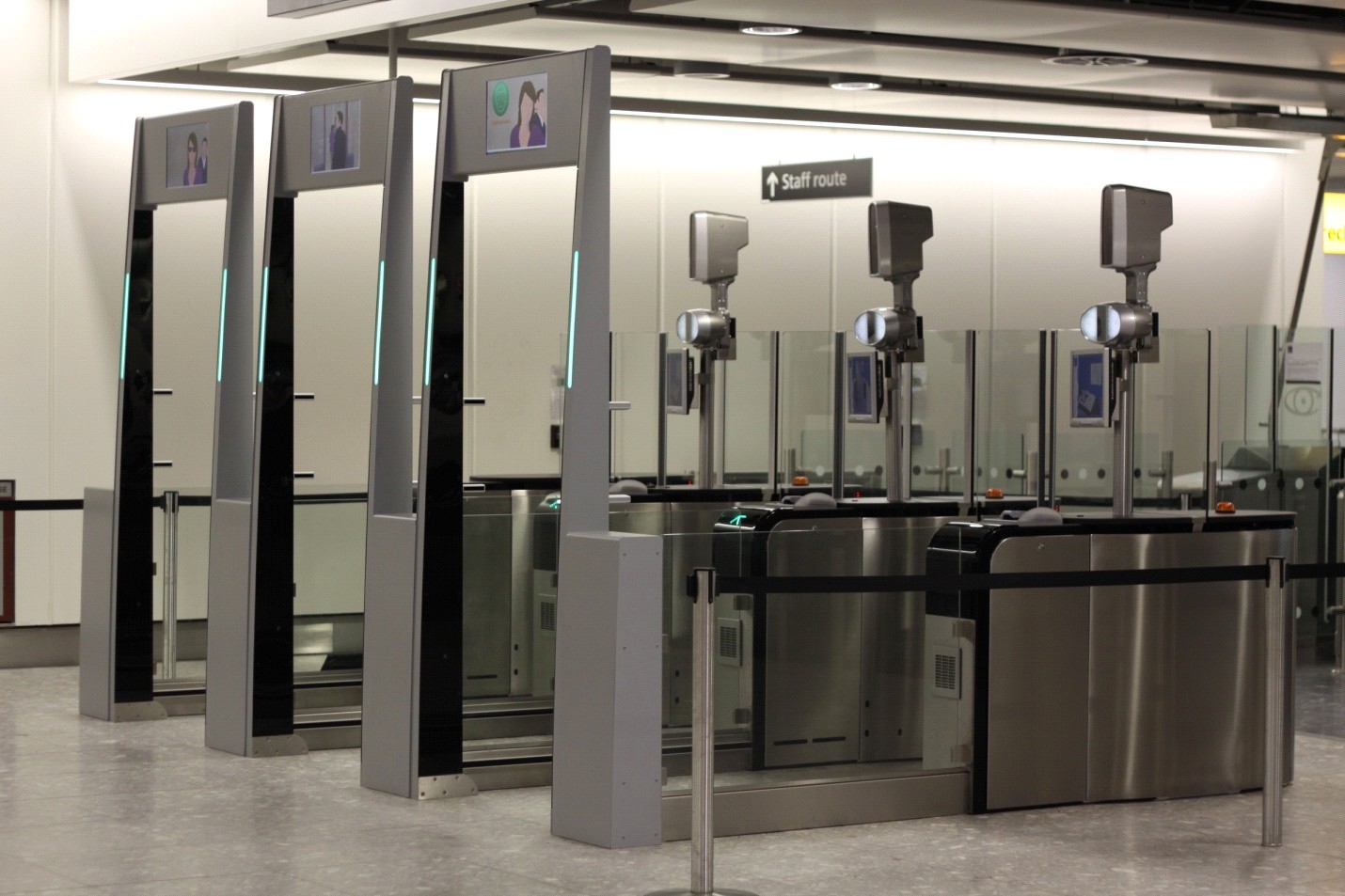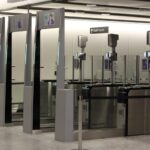
New hi-tech e-gates will be fitted at airports which will be so advanced they will allow arrivals into the country using only advanced facial recognition
Passports could become a thing of the past for those arriving in the United Kingdom under new Home Office plans to create ‘frictionless travel’ at Britain’s borders.
According to news reports, new hi-tech e-gates will be fitted at airports which will be so advanced they will allow arrivals into the country using only advanced facial recognition.
Government officials hope the new tech will bring Britain’s border up to the standard developed elsewhere, like Dubai, which uses facial recognition for 50 nationalities and Australia.

Phil Douglas
Trials of the new e-gates are set to begin this year. “The aim is to create an intelligent border that uses much more frictionless facial recognition than we currently do,’’ says Phil Douglas, Director General of UK Border Force.
Britain is already rolling out electronic travel authorisation (ETA) for foreign arrivals jetting into the UK who do not need a visa. The scheme costs GBP 10 per passenger.
Travellers are required to download an app, answer a set of questions, scan their passport and provide a photo, with only those granted the ETA able to board flights into the UK.
The scheme is already used for Qataris and will extend to nationals of Bahrain, Kuwait, Oman, the United Arab Emirates, Saudi Arabia and Jordan in February.
The Home Office is also seeking to implement ETA for all visitors to the UK who do not need a visa for short stays, including European nationals.
The biometric details for British and Irish travellers has already been secured as part of the current UK passport application process.
‘‘We will know a lot more information about people upfront. We will know if they’ve been in the UK before. We will know what their compliance with immigration laws is. And we’ll know if there’s any records of them on our security systems. So there will be some people who won’t be getting on the plane,’’ adds Douglas.
There are more than 270 e-gates in place at 15 air and rail travel hubs in the UK that will all need replacing with the new tech, which officials say will be more secure and process arrivals faster.
British e-gates were originally restricted to British and EU arrivals but over the years their use has been extended to include arrivals from Canada, Iceland, Japan, New Zealand, America, Australia, and several other countries.
Despite previous woes with e-gates, Mr Douglas has warned industry leaders to expect the use of legacy passport desk to ‘fall away’ in the next two to three years due to the new technology being rolled out.
Trials of the new advanced technology are due to begin at airports later this year before the launch of a full procurement process for new gates.
















